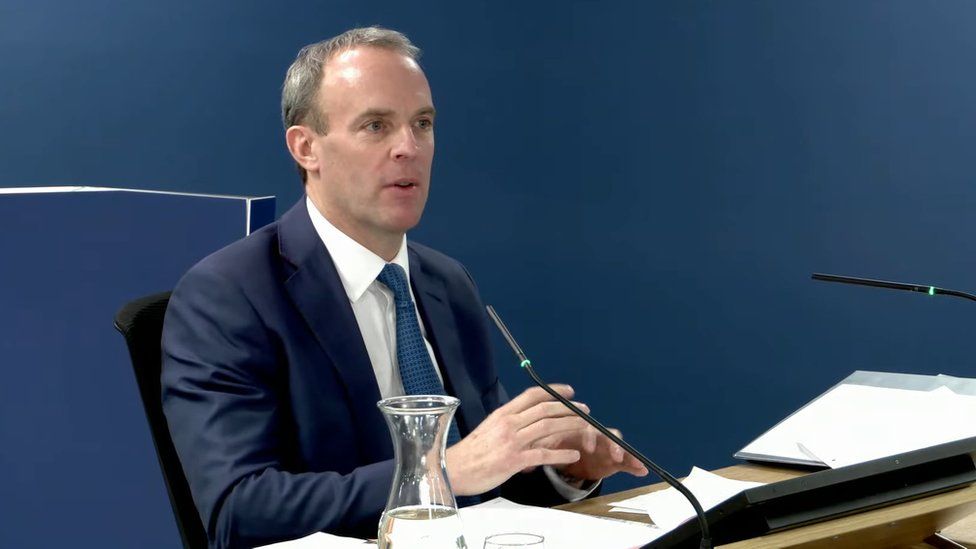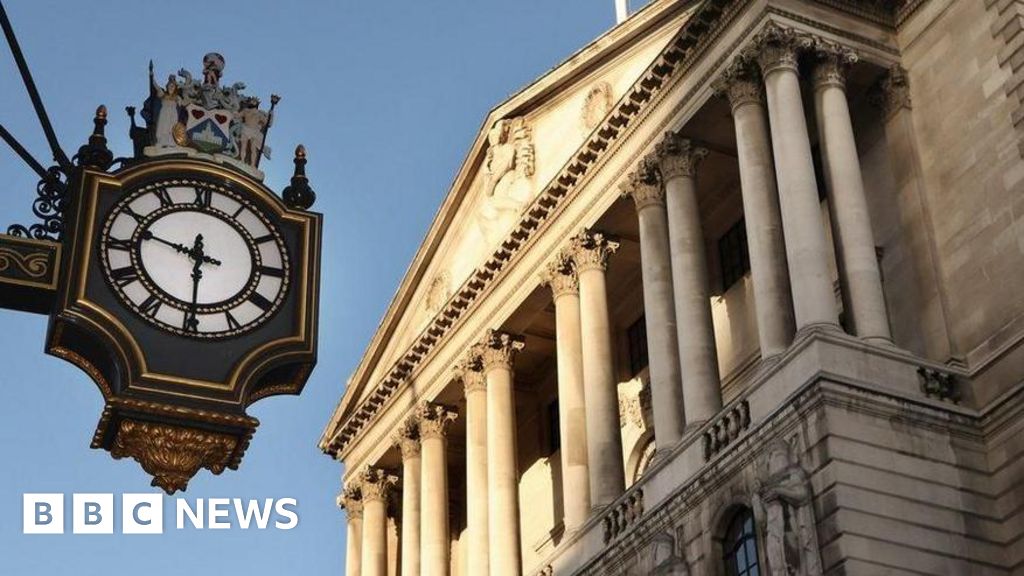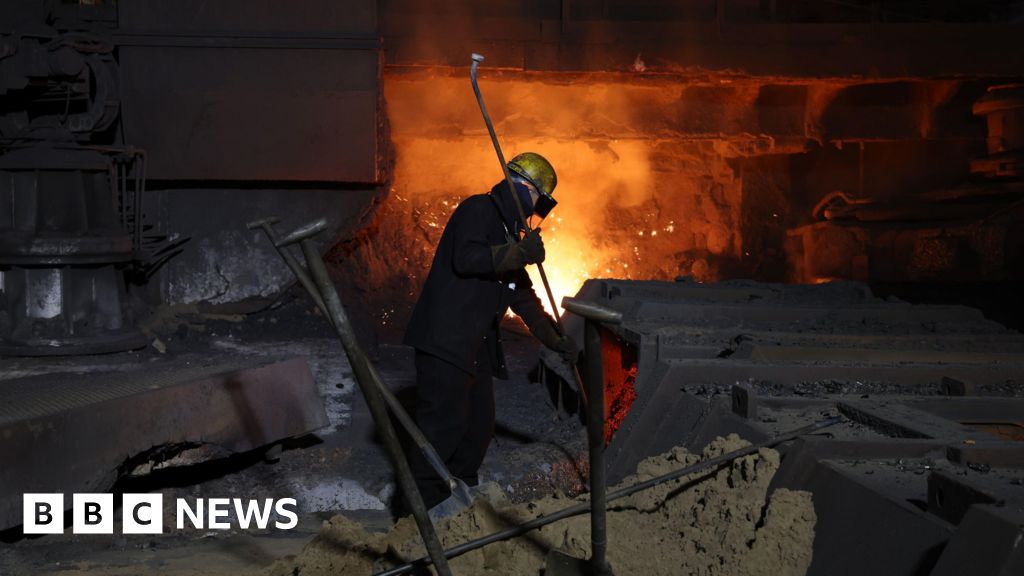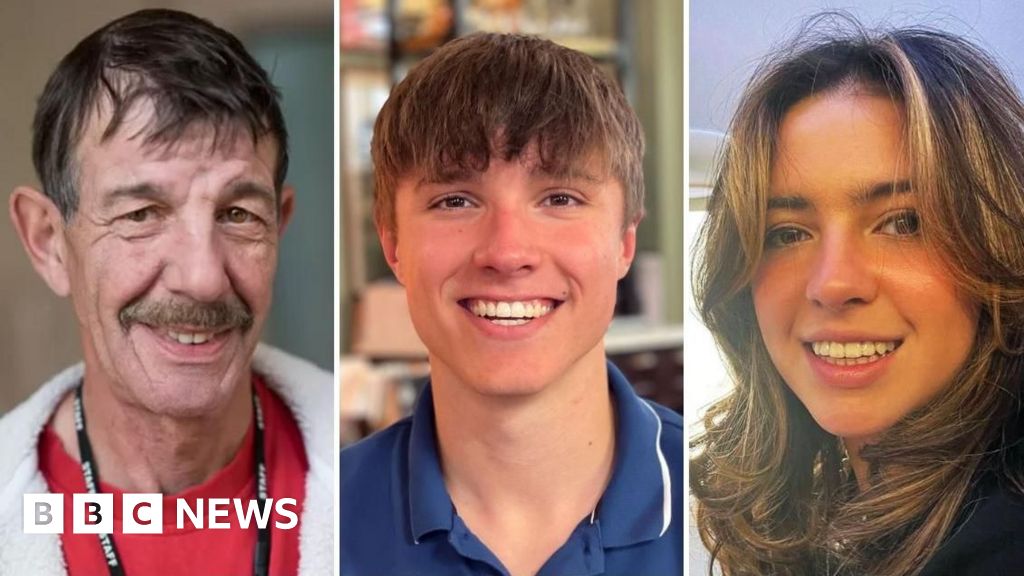ARTICLE AD BOX
 Image source, UK Covid-19 Inquiry/PA Media
Image source, UK Covid-19 Inquiry/PA Media
By Chas Geiger
BBC Politics
Dominic Raab has rejected a claim by a former cabinet colleague that many of the key government decisions at the start of the Covid pandemic were taken by Dominic Cummings.
Sajid Javid told the Covid inquiry that then-Prime Minister Boris Johnson was content for his chief adviser to oversee decision-making.
But ex-First Secretary of State Mr Raab denied there was a "puppet regime".
He defended Mr Cummings, saying he had been "trying to galvanise" government.
Mr Raab, who was then also foreign secretary and later served as deputy prime minister, told the inquiry: "There is a whole circus that can be built up in the media and elsewhere around the internal battles between individuals, and some of that is natural and healthy."
But he disagreed with Mr Javid's view, saying Mr Cummings was "trying to galvanise direction of travel" in government, which was "much needed".
On 6 April 2020, Mr Johnson was admitted to an intensive care unit with Covid-19 and Mr Raab deputised for him for several weeks.
He told the inquiry that the prime minister had told him "you've got my back" - but that the planning around such a situation was "pretty sparse".
"I was effectively told on five minutes' notice," he said.
Mr Raab defended the government's decision-making during the pandemic, saying it made "the best decisions with the science as fluid as it was, at that point in time".
It would be for the inquiry to decide whether it had made the right decisions "in retrospect", but some economists had made the argument that the UK "locked down too much", he said.
"I'm not saying this is my view," he added.
Earlier, Mr Javid - who quit as chancellor in February 2020 after refusing to bow to a demand by Mr Johnson that he replace his senior advisers - told the inquiry that the cabinet was designed to be "inexperienced" to give Mr Cummings more power over decisions.
In a written statement to the inquiry, he said the goal was to "centralise power in No 10 with a preference for loyalty over experience".
"I would say during my time as chancellor I considered he [Mr Cummings] sought to act as the prime minister in all but name and he tried to make all key decisions within No 10 - not the prime minister."I felt that the elected prime minister was not in charge of what was happening in his name and was largely content with Mr Cummings running the government."
Mr Javid told the inquiry: "Many times I felt like many of the key decisions were being made by Mr Cummings and not the prime minister in a way that I had not seen with any other prime minister. That is something I had to work with."
Asked whether, in early 2020, there was a "toxic", "dysfunctional" or "feral" culture in No 10 - as suggested by some other witnesses - Mr Javid replied: "Yes, broadly. I think it was a widespread feeling among a lot of the political advisers working in No 10, many ministers, the No 10 operation collectively was quite dysfunctional."
Mr Cummings later fell out with Mr Johnson and left Downing Street in November 2020, since when he has been fiercely critical of the then-prime minister's leadership during the pandemic.
Mr Javid returned to government as health secretary in June 2021 when Matt Hancock resigned for breaching social distancing restrictions.
On Wednesday, the inquiry heard that he was not invited to a key meeting in December 2021 when the Omicron variant of Covid was on the rise.
In a diary entry, former chief scientific adviser Sir Patrick Vallance wrote that it was "quite extraordinary" that the health secretary was not there.
Asked why he was not invited, Mr Javid said: "I don't know why I wasn't included. You will have to ask the former prime minister."

 1 year ago
90
1 year ago
90








 English (US) ·
English (US) ·